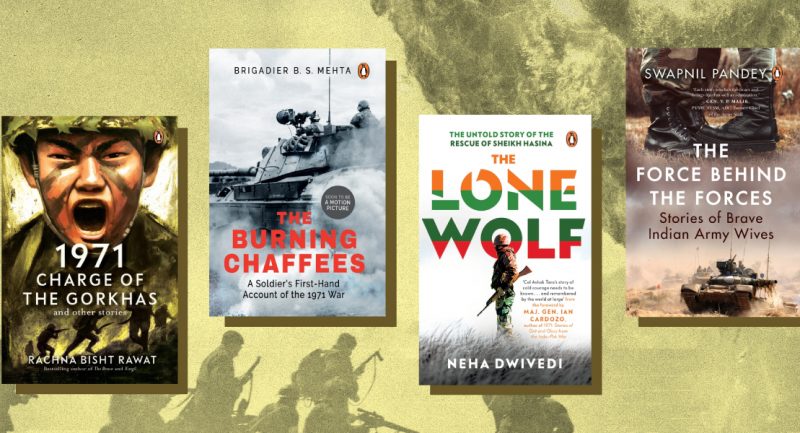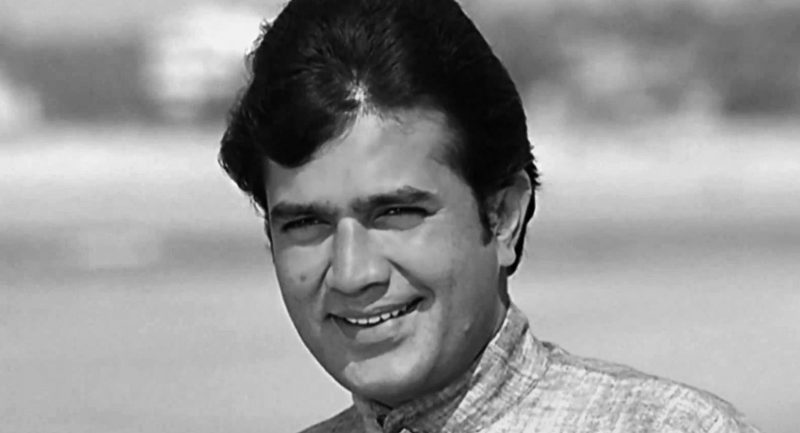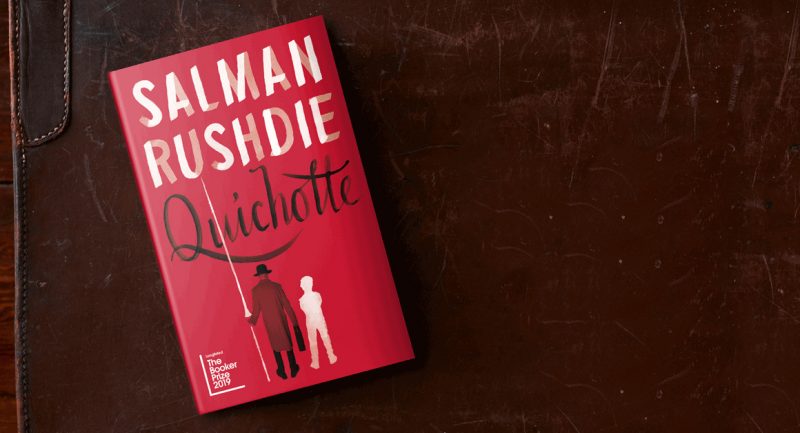
Rape and sexual assault have become commonplace, but lingering questions still remain. Drawing on exchanges with many survivors, Sohaila Abdulali, a survivor herself, looks at how we – women, men, politicians, teachers, writers, sex workers, feminists, sages, mansplainers, victims and families – think about rape and what we say and what we don’t say.
This book is a must-read in order to normalize conversation around rape. Here’s why.
Rape has different connotations for men and women
‘A bad sexual experience for a man is more likely to be a missed communication, sexual frustration and a sour aftertaste, whereas for a woman the menu is statistically more likely to include humiliation, pregnancy, rape and death.’
~
Shattering the good-girl stereotype
‘What makes a “good girl”? Too often being good means being docile, passive, accepting your lot without question. I hope, in that case, for a new generation of only bad girls, who listen to themselves and follow their own hearts. And get up and straddle their lovers with abandon.’
~
Self-blame becomes an unhealthy coping mechanism
‘Maybe self-blame isn’t always about self-hatred and internalized patriarchy. Maybe sometimes it’s a convoluted way of making the whole thing less scary.’
~
Speak up about rape, when conducive
‘Keeping quiet about rape has a whole other toxic effect: it lets abusers off the hook. I want to be very clear that it is never the victim’s obligation to speak up, or report, or do anything but survive. Her first responsibility is getting through it. But we are all culpable in the silence around rape, a “vast international conspiracy” if there ever was one.’
~
Destigmatize the act
‘It’s going to be a long time until rape is so stigma-free that there’s no penalty for speaking out as a survivor. Sometimes the penalty is to be pigeonholed, somehow diminished.’
~
Revolution is led by mass dissent
‘The #MeToo campaign made it impossible to ignore the scope of sexual harassment and rape, at the same time as we were treated to some unsavoury glimpses of rape culture.’
~
No means no, irrespective of role
‘Being a sex worker doesn’t mean you deserve to be raped. Neither does being a spouse.’
~
Make men accountable
‘We choose to blame each other, maybe out of misogyny, maybe simply out of fear, forgetting, as we do so, that there is someone else in the picture who also has a choice: a man who can choose between decency and dominance.’
~
Consent can have undefined, blurred lines
‘So often we tend to talk about the victims and the ways they went along with, or took advantage of, or kept suspiciously quiet about, rape. They didn’t leap up and stab the man and go running out clutching their clothes to their outraged bosoms, therefore they consented.’
~
Creating healthy boundaries
‘It blurs boundaries, or it can clarify them. Although I paid for my rape in many other ways, it actually helped me draw very clear boundaries, and for that I’ve always been grateful. Not to the rapists, of course, but just to whatever contrarian gene I have that hates being told what to do.’
In What We Talk About When We Talk About Rape, Sohaila Abdulali asks pertinent questions: Is rape always a life-defining event? Does rape always symbolize something? Is rape worse than death? Is rape related to desire? Who gets raped? Is rape inevitable? Is one rape worse than the other? Who rapes? What is consent? How do you recover a sense of safety and joy? How do you raise sons? Who gets to judge?









